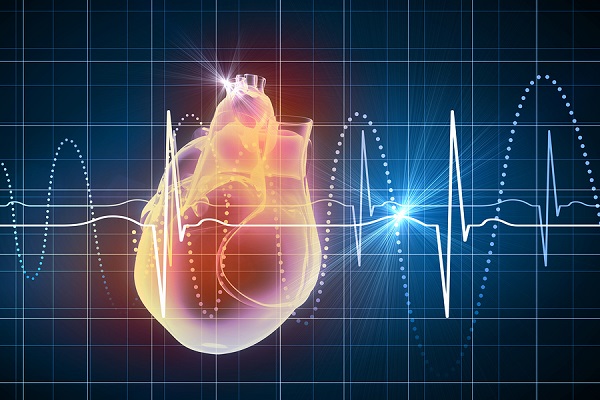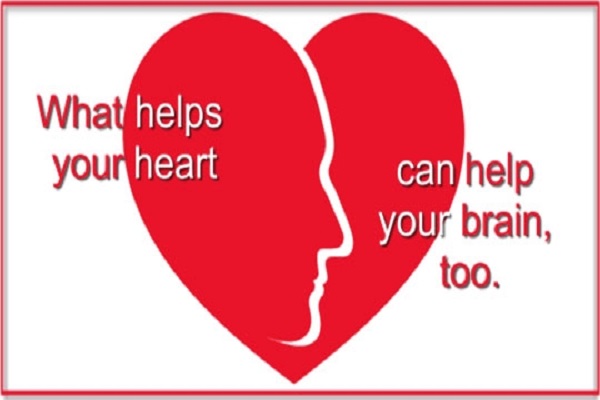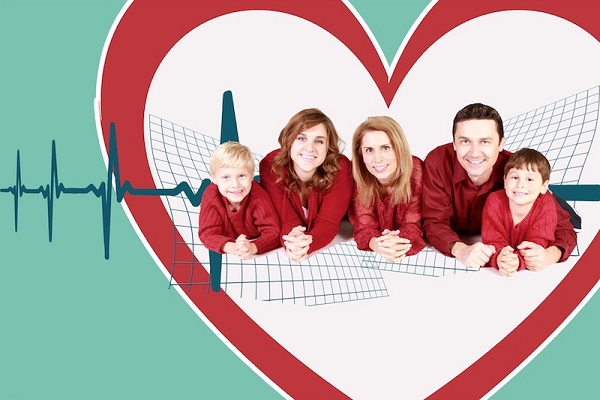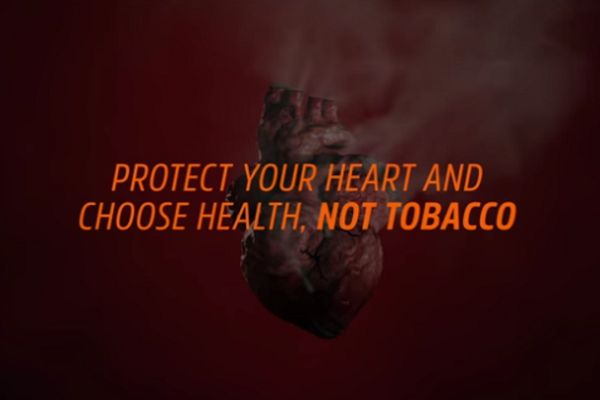W.W.Jun (A 46-year-old Chinese-Australian) collapsed without notice at the airport as he suffered a sudden cardiac arrest. Fortunately, thanks to effective cardiopulmonary resuscitation (CPR), Percutaneous Coronary Intervention (PCI) and the immediate use of dialysis, the Australian’s life was saved.
March 30, 2019, the 46-year-old man was rushed to City International Hospital emergency within 12 h of onset of symptoms: Dizziness, Excessive sweating, Fatigue and Low blood pressure After conducting the examination and doing laboratory tests, The results showed that he had a complete heart block, right bundle-branch block, hyper acute T waves in the inferior leads, and reciprocal ST-segment depression in the anterolateral leads. In other words, much of his heart had stopped responding properly to nerve impulses telling it to beat, and other parts of the heart were beating poorly. It was a significant, life-threatening heart attack. He has a history of known stage 4-5 chronic kidney disease (CAD), frequently hypertension; type 2 diabetes, dyslipidemia and comorbidities.
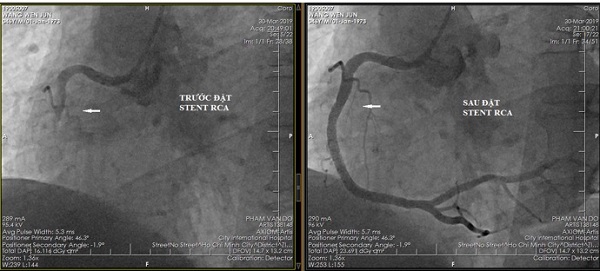
Angiography of coronary artery; before and after successful deployment of drug-eluting stent
Implementation of an in-hospital Interdisciplinary team meeting (ITM) between Cardiologists and Cardiopulmonary Resuscitators, the patient had a diagnosis of a total High-Degree (second- degree) Atrioventricular Block (HAVB) associated with the deadliest complication of Acute ST-Segment Elevation Myocardial Infarction (STEMI). The “heart team’’ qualified the patient for Percutaneous Coronary Intervention (PCI). PCI was assembled; the decision was made to proceed with an urgent heart catheterization and performed by Mr. Nguyen Huu Tung - Head of City International Hospital's Cardiology and Vascular Intervention. Coronary angiography revealed a dominant right coronary artery (RCA) with 80% ostial stenosis. A drug-eluting stent was successfully deployed to the ostial RCA lesion with an outstanding angiographic result.
Post-PCI, the heart developed an arrhythmia causing it to stop beating. An electrocardiogram was performed, revealing 2 : 1 AV block, To decrease the risk for ventricular arrhythmias, the patient was immediately admitted in anticipation of permanent pacemaker implantation to kick a heart back into rhythm and to avoid risk of sudden cardiac death due to severe arrhythmia. Cardiac biomarkers were negative. Cardiac monitoring continued to show 2: 1 and occasionally higher-grade AV block.
The expert team realized about W.W.Jun’s previously given history of end-stage chronic renal disease (ESRD) is the actual factor underlying poor outcome of percutaneous coronary interventional (PCI) procedure and the growing threat of patient W.W.Jun developing acute renal failure complications after the first postoperatively. “The heart team” put W.W.Jun on dialysis program. Over a period of several days favorable outcome was defined, stable hemodynamics, biomarkers of acute coronary syndrome gradually reduced, heart rate gradually improved and renal recovery. The lightheadedness and fatigue have entirely resolved. Permanent pacemaker implantation was avoided. He was discharged from hospital 7 days later.
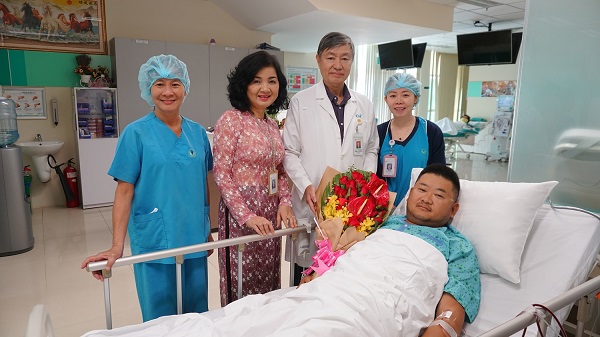
Coronary Revascularization Rescue Team revisiting the patient
W.W.J's wife emotionally shared, “This is his first trip to Vietnam with a group of friends. As soon as he arrived at the airport, he had episodes of light chest pain, shortness of breath and dizziness, so he was transferred to the nearest hospital. He got diagnosed with vestibular disorders and indicated with further in-hospital investigations. However, he and his friends thought it wouldn’t be that serious and my husband looked healthy, so they decided just taking whatever prescribed but not wasting time at the hospital. After that, his symptoms quickly got worsen, until he got taken the City Hospital International Emergency Department to discover everything was a second away to death.”
Dr. Dao Thi My Van - founder of City International Hospital’s City Plus Program shared: “having a multi-disciplinary team of top physicians looking at your current conditions to find any best possible solutions is critically and beneficially life-saving for patients. In particular, the “top team” will have communication with patients and families listing out health information/advice and explain all possible solutions, very carefully in details to help patients and relatives feel comfortable and safe with their treatment decisions.”
Bursting into tears, his wife continued: "Fortunately, thanks to effective cardiopulmonary resuscitation (CPR) and the immediate intervention, my husband and I could be able to see each other now. We thank all staffs of City International Hospital, especially all life-saving professors for reviewing and solving his urgent issue and have rapid rescue. Thank you all so much for everything. ”

patients' survival after a complete heart failure and wife
Insights and Risks of Flying with a Heart Condition, explained Dr. Dao Thi My Van - City International Hospital's Deputy Medical Director:
“Heart attack” is actually not a medical term —“myocardial infarction” is the proper name. Most heart attacks are caused by a blood clot that blocks one of the coronary arteries. The coronary arteries bring blood and oxygen to the heart. If the blood flow is blocked, the heart is starved of oxygen and heart cells die. This differs from sudden cardiac arrest, which occurs when the heart develops an arrhythmia that causes it to stop beating.
Air travel, for business, family or vacation, is part of modern life in societies. Air travel could raise the risk for experiencing heartbeat irregularities among older individuals with a history of heart disease. Altitude-induced hypoxemia leads to an increase in heart rate, a decline in stroke volume, an increase in the atrial component of left ventricular filling and a progressive rise in pulmonary vascular resistance, all of which are of potential concern in patients with chronic heart failure.
Cabin pressure varies and the cabin environment is not a normal one. It is temperature controlled, but the humidity is low—commonly 10–20%—which can give rise to drying of the air passages. It is also cramped, restricting movement. If you have an existing heart condition, you should always check with your GP or heart specialist that you are fit enough to travel by air, particularly if you’ve recently had a heart attack, heart surgery or been in hospital due to your heart condition, particularly if you’ve recently had a heart attack, heart surgery or been in hospital due to your heart condition. They can also advise on any medication you may need to take with you throughout the trip..; this is particularly important as you may need to make extra arrangements.”
|
City International Hospital’s City Plus Program (is scheduled to launch at the end of June 2019) is a professional medical program which was started by the enthusiasm of Dr. Dao Thi My Van – CIH’s dynamic and enthusiastic Deputy Medical Director & Head of Intensive Care Unit. City Plus’s world class Medical Second Opinion program brings you Closest To The Cure. When you or your loved ones are diagnosed with a serious medical condition, you want the best medical advice from the country’s best hospital and top physicians. City Plus offers better quality of expert diagnosis help patients feel comfortable compared to the initial diagnosis. We utilize a collaborative and holistic medical review by our multidisciplinary team of expert physicians from all over the country, not just a single physician review; City Plus provides medical information and recommendations from expert physicians who practice at City International Hospital (CIH). City Plus’s premiere service offering, a remote medical second opinion (MSO) service provides our users the option of having their diagnosis and/or treatment plan evaluated by some of the top medical minds in the region, allowing them access to the most up to date clinical information available on almost any medical condition. CIH is renowned for leading the hospital in cutting-edge non-surgical and surgical treatments, and overall quality of clinical outcomes. Our Members do not have to travel or deal with healthcare systems, CIH’s City Plus brings answers and peace of mind to them. All it takes is a phone call to get started. Contact City Plus consulting hotline: Tel: (8428) 6280 3333 (Press 0 and talk to the operator.) |
City International Hospital
- Address: No. 3, 17A Street, Binh Tri Dong B Ward, Binh Tan Dist. (Next to AEON Mall Binh Tan), Ho Chi Minh City.
- Site: https://cih.com.vn/en/
- Email: This email address is being protected from spambots. You need JavaScript enabled to view it.











